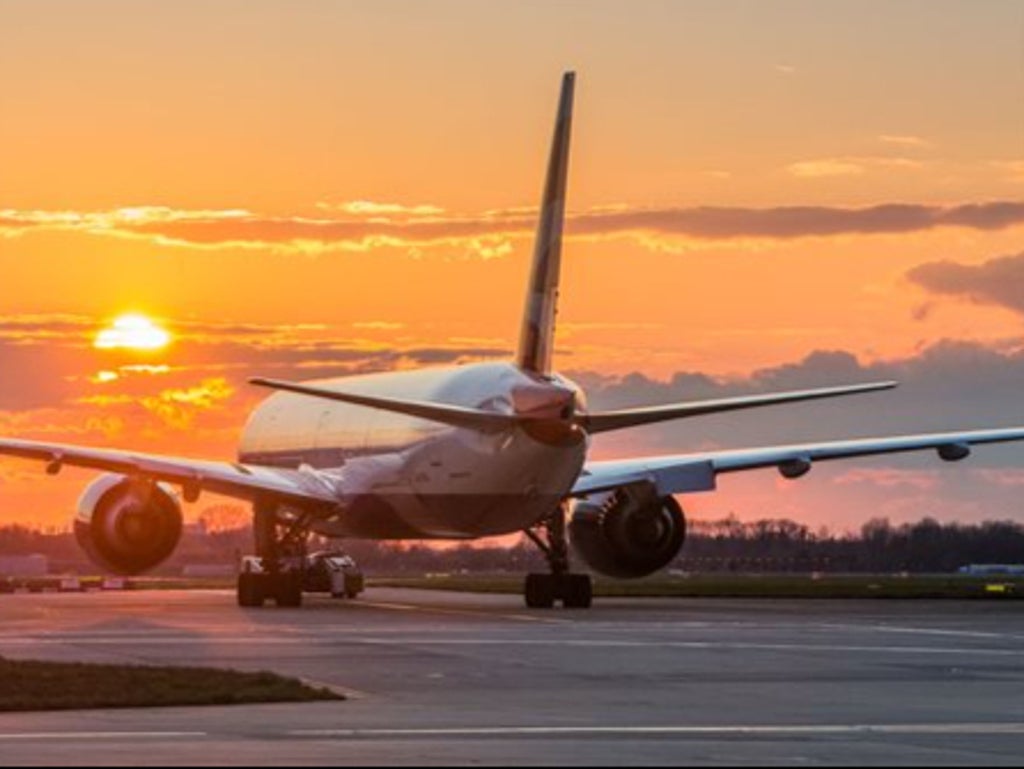
Friday 12 August will be the busiest day of the year for the number of available airline seats worldwide, a leading analyst has predicted.
John Grant, chief analyst at OAG, calculates that 16.1 million seats are currently on offer for that date. The exact number is likely to change as airlines adjust schedules, with an average of 0.6 per cent of capacity being removed every week at present.
The busiest day for aviation before the coronavirus pandemic was also the second Friday in August: 9 August 2019, with the data analyst Cirium calculating 17 million passengers took off worldwide.
The actual number of airline travellers on 12 August 2022 will be well down on that figure, because around one in five seats is likely to be empty – giving a figure of about 13 million passengers.
In 2021, says Mr Grant, “the busiest day was a very unusual 17 December”. The last-but-one Friday before Christmas had 12.5 million seats on offer, with around nine million passengers.
His blog also reports: “After a few weeks edging ever closer to 90 million seats a week we have finally got there with 90.7 million seats on offer.”
During the peak pre-pandemic week for availability, beginning 29 July 2019, capacity reached 119 million seats.
“Despite the breakthrough number there remain shortages of all sorts around the world that are impacting a full travel recovery,” he writes.
As The Independent has reported, easyJet is to remove row 26 on its UK-based Airbus A319 aircraft to reduce the seat count to 150 – cutting the number of cabin crew needed from four to three.
“In August that equates to around 60,000 fewer seats for sale and probably some higher selling fares on selected services to mitigate the lost seats,” Mr Grant predicts.
The UK has seven times more airline seats than a year ago, when the ban on international leisure travel was still in operation.
Global airline capacity is now at five-sixths of the corresponding week in 2019.
Three of the regions that have always had a relatively low amount of aviation are actually ahead of their 2019 levels: Central & West Africa (up 26 per cent), Central America (up 7 per cent) and Upper South America (up 6 per cent).
Japan reports the largest reduction in airline capacity this week with a 7 per cent decline in seats, leaving it at about two-thirds of capacity in the same week in 2019. Mr Grant says: “Japan is now the weakest recovering market across the top 20 countries.”
The OAG analyst concludes: “In the next few weeks (with a bit of luck and easing of lockdowns in China) we should be up to 95 million seats a week and be confident of holding steady at that level at least through the next few months as the peak summer season continues.
“We still have a journey ahead of us, but progress is progress.”







